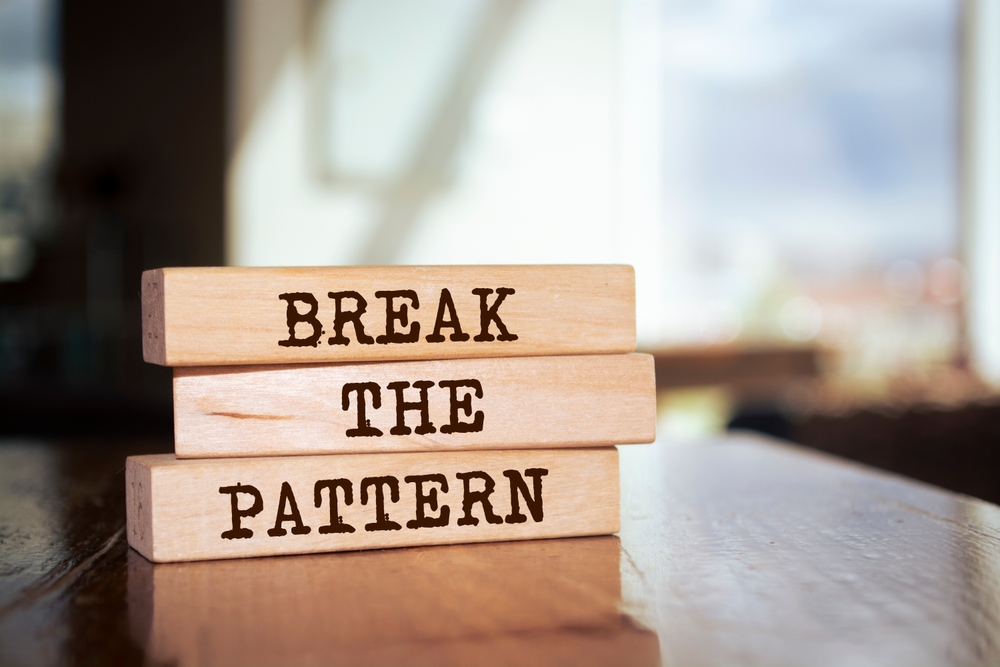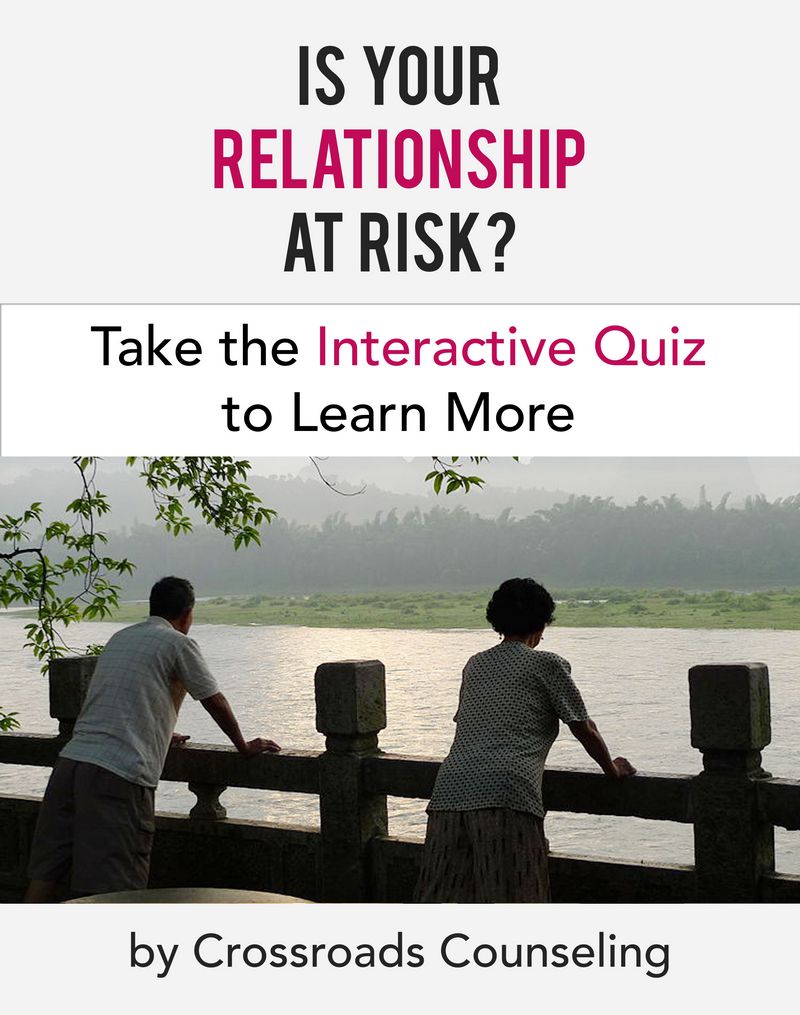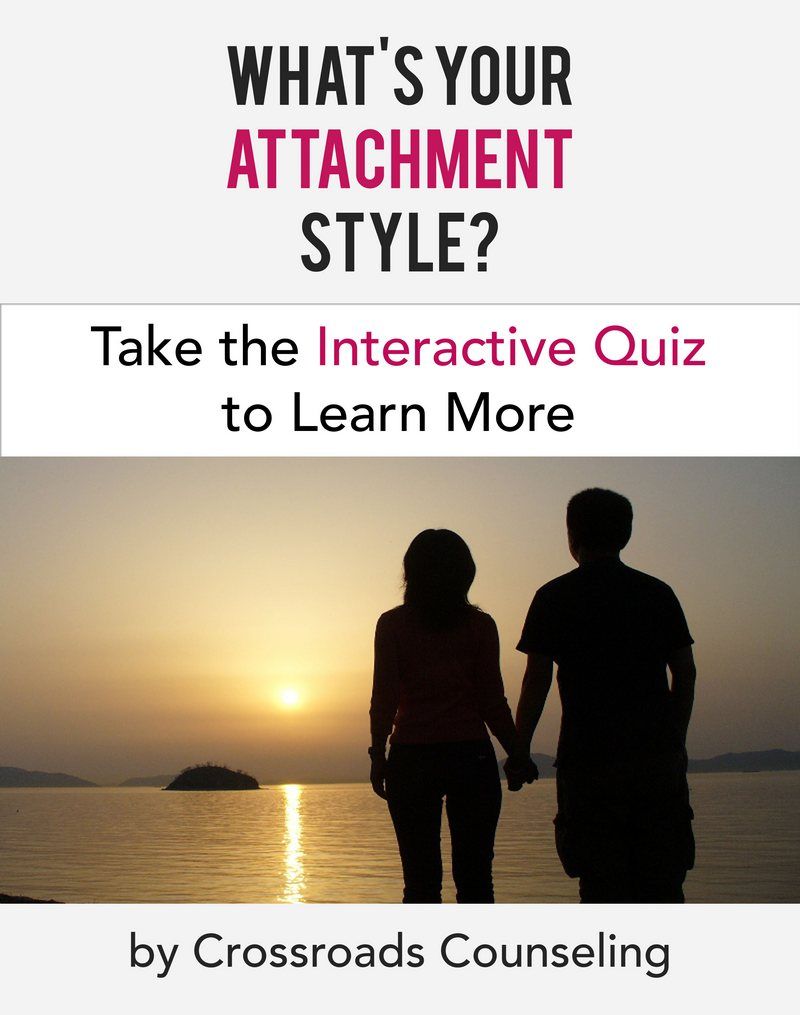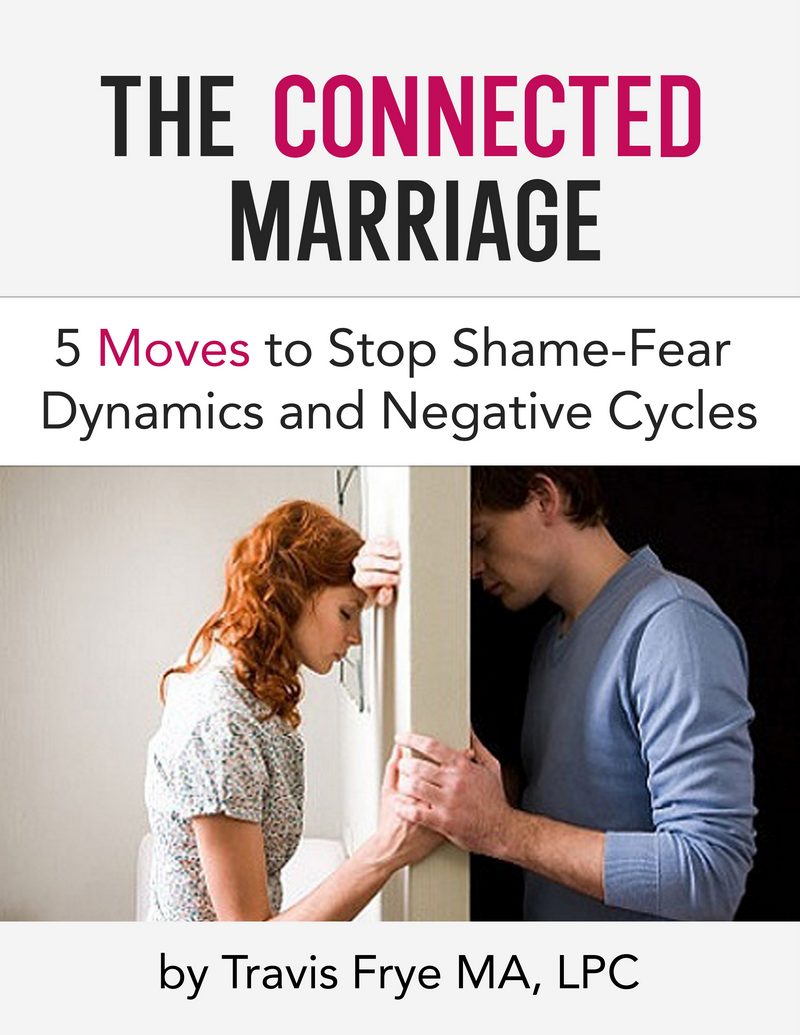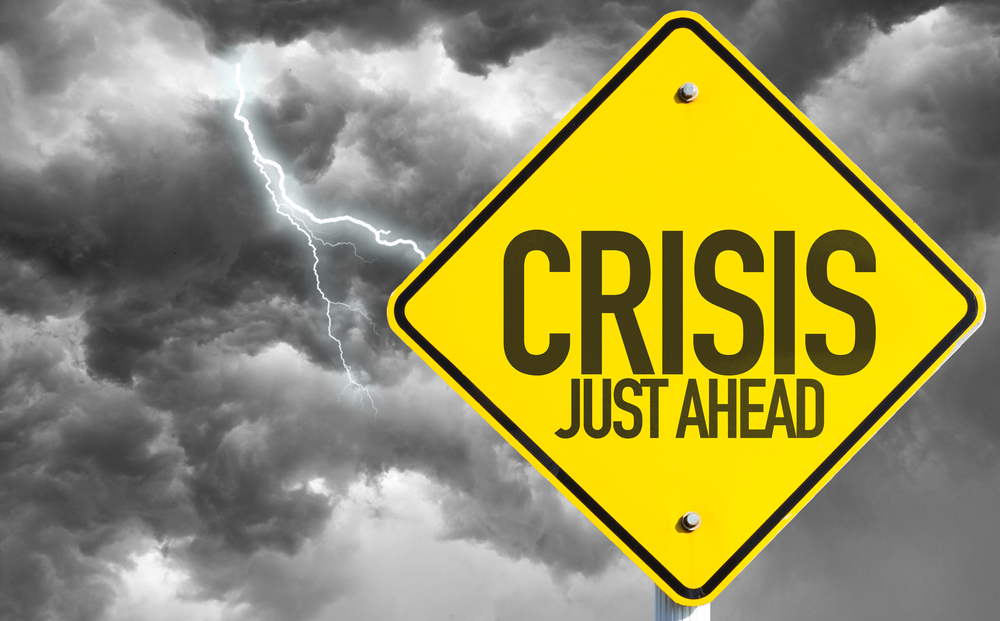Have you found yourself in a handful of “bad” relationships? Maybe you can’t seem to find “the one,” but you’ve never stopped to really think about why.
It’s easy to point fingers and place the blame on the people you’ve been with. Sometimes, that’s warranted. Often, though, it takes two to tango.
No one enjoys looking to themselves to determine what they might be doing wrong. It’s difficult to admit mistakes and think about what those mistakes might have cost you in the past.
But, recognizing those past relationship mistakes and patterns can make a big difference in your future. In fact, recognizing them is the first step in not repeating them again. Let’s take a closer look at a few more steps you can (and should) take to stop repeating past relationship mistakes.
Consider Your Dating History
It’s not always simple to look at your past mistakes. Even if you’re willing to admit them, they might be hard to spot. So, you’ll have to look at your dating history, even if that’s painful at times.
What are the patterns? Do you have a specific type that isn’t good for you? Do you develop expectations that are too high? Maybe you struggle with certain communication issues and it always causes a disconnect in your relationships.
If you can’t figure out the patterns on your own, consider asking a few people closest to you. While the opinions of others should often be taken with a grain of salt, trustworthy friends and family members often make observations you might not have seen.
Make Small Changes
Humans are creatures of habit. We all fall into patterns and tend to stick with them because they’re comfortable — even when they aren’t necessarily good for us.
Once you recognize what those patterns are, you can take small steps toward changing them.
Don’t force yourself to change overnight. It’s not possible, and you’re not going to find the love of your life right away. Rather, work on breaking down those negative patterns one piece at a time. You’ll feel less overwhelmed and more likely to step into a solid relationship.
Practice Self-Care
Don’t beat yourself up over past relationship mistakes or even over the fact that you’ve experienced more than one failed partnership. One of the biggest problems with failed relationships is that they can damage your self-esteem.
So, take some time to practice self-care. Doing so can help you feel more in tune with who you are and what you really want. Take a short vacation somewhere. Exercise every morning. Try yoga or meditation. If you’ve put your identity into relationships in the past, it might be time to put that energy into something that’s completely dedicated to you.
Not only will self-care help you feel better, in general, but it will help you reclaim your identity so you can go into your next relationship with more confidence and security.
Give Yourself Time
Speaking of your next relationship, don’t be in a hurry to jump in. None of us know when the perfect person will walk into our lives. But, that doesn’t mean you have to be out looking right now.
If you just got out of a rocky relationship, give yourself time to heal. More importantly, give yourself time to consider some of these patterns so you can make changes and have a better chance of relationship success in the future.
If you have a hard time recognizing past relationship mistakes and those closest to you can’t help, don’t hesitate to set up an appointment. Together, we’ll dive into some of those patterns and work on effective ways to change them.
Explore Your Attachment Style
How you show up in romantic relationships is largely based on your attachment style. Simply put, your attachment style is how you relate and connect with others.
There are three basic attachment styles: 1. Insecure-avoidant 2. Insecure-anxious 3. Securely attached.
The two insecure types generally struggle to feel comfortable and confident in their own skin. They can be filled with experiences and emotions of self-doubt and seeing themselves as not being enough and/or being too much. Insecure-avoidant attached people tend to minimize their emotions and relational needs. Insecure-anxious attached people tend to magnify their emotions and relational needs. Both of these attachment styles struggle with vulnerability which is necessary to both give and receive comfort, safety, and security.
Ideally, we want to be securely attached. Securely attached people have the same doubts and insecurities as those who are insecure in their attachment style. The key difference is that securely attached people can more readily embrace their vulnerability and both give and receive comfort, safety, and security. This quiets the negative voices of fear and shame.
If you see yourself as being more insecure in your attachment style do not fret. The good news is that you can move from insecure to secure through what researchers have called earned secure attachment. An attachment based therapist can help you in this area. For a quiz to help you identify your attachment style click here.
To read more about attachment click here.
Next Steps
Are you single and struggling to find a healthy relationship? Do you want to learn how to break negative relational patterns? Or maybe you’re in a rocky relationship right now and need help figuring things out. Call us at 623-680-3486,text 623-688-5115, or email info@crossroadsfcc.com. You can ask all the questions you have and see if couples therapy at Crossroads is the right fit for you and your partner. You can also learn more about Emotionally Focused Couples Therapy (EFT) as well. Our offices are conveniently located throughout the Valley of the Sun including Phoenix, Anthem, and Scottsdale. We would be honored to support you in better understanding your relationship. You can start your therapy journey by following these simple steps:
- Contact Crossroads Counseling
- Meet with a relationship therapist
- Begin addressing your relationship struggles
